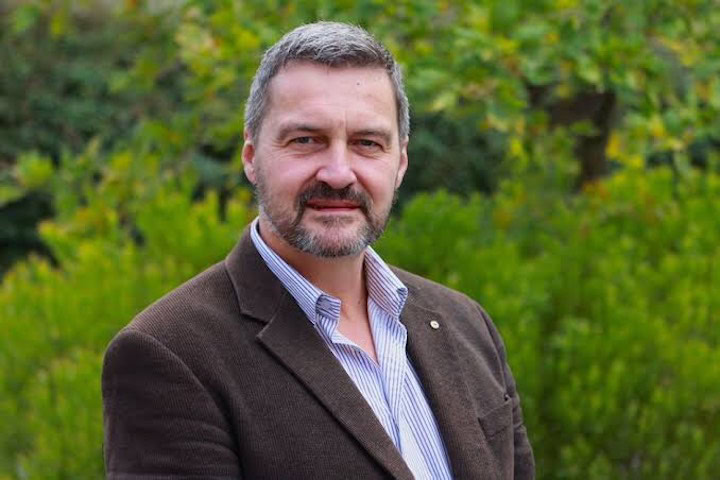
When suicide hits home
I want to talk about what we as a community can do to help if we have a friend whom we are worried may commit suicide.
What are the warning signs of suicide?
As mentioned at The Better Health Channel:
“Predicting suicide is difficult. Changes in behaviour outside the person’s normal range of behaviour, and which do not make sense to those close to them, may be a warning sign.
“Other warning signs may include loss of interest in previously pleasurable activities; giving away prized possessions; problem behaviour and substance misuse; apathy in dress and appearance, or a sudden change in weight; sudden and striking personality changes; withdrawal from friends and social activities; increased ‘accident proneness’ and self-harming behaviours.”
Previous suicide attempts, recent significant losses or intoxication increase the risk of suicide. Known depression, bipolar disorder or other mental illnesses significantly increase the risk of suicide.
The idea that “you can’t stop someone from taking their life” is a myth. It is well researched that most people who are contemplating suicide will seek help from family, friends and medical staff in the weeks before taking their life.
If someone has come to you worried, it is because a part of them is scared, concerned and does not wish to die. You may be the last person they ever speak to, so it’s important you take this discussion very seriously.
The most important thing you can do is to be there for them and listen. They have chosen to speak with you because they trust you and feel you can help.
If someone is hinting at potential suicide, don’t be afraid to ask, “Mate, you seem pretty down, are you worried you might harm yourself in some way?”
Asking about potential suicide does not increase the risk of someone taking their life. Asking the question allows for the process of help to get started.
Warning signs include increasing thoughts of helplessness and hopelessness; increasing thoughts of suicide; formulating a plan on how to take their life; having already started actions for that plan, i.e. getting a gun or stashes of medications.
If your friend has suicidal thoughts or plans, they are at high risk of self-harm and must not be left alone.
The most important thing you can do is to stay with them and to assist in getting help. This can be as straightforward as saying, “You are in a pretty bad head space at the moment and you need some help. How about I organise for you to see a doctor. I’ll take you”.
If it’s outside your doctor’s office hours, call your local mental health advisory service or to visit the emergency department.
Even if your friend says they are OK or they’ll be fine, it’s important they have a detailed medical assessment.
If you’re unsure about what to do or you feel that the risk of danger is high, call an ambulance or police immediately. In Australia the number is 000 (triple zero).
With care and treatment, many suicidal people are able to pass through the crisis. Sometimes good people can slip through the cracks. I hope this may help reduce those tragic losses.
INFO: Read more at
By DR GEORGE FORGAN-SMITH








